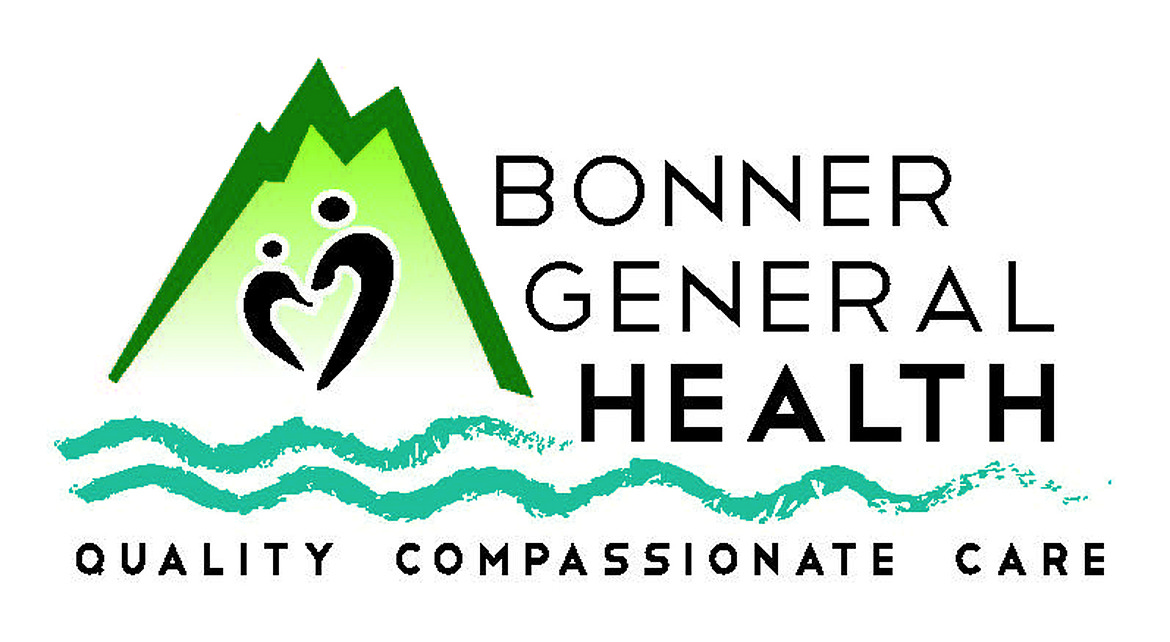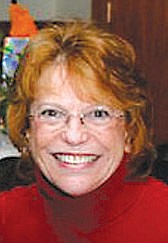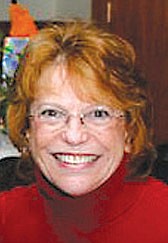Let’s be thankful for 'modern' medicine
While making a list of ingredients I need for tomorrow’s dinner, it dawned on me that I was too focused on the menu and not thinking about the meaning of this holiday. So, I made an addition to my list. It says, “Be thankful.”
I am thankful, first of all, for Bonner General Health. I’m thankful that I live in a community with such competent, caring medical care. From the CEO to the entry-level novice and everyone in between, I’m grateful for all of you.
I’m indebted to the Italian who, in the 13th century, figured out how to make eyeglasses. And I’m particularly thankful to Benjamin Franklin for inventing bifocals on May 23, 1785. I’m also grateful for Jacques Daviel, a French surgeon who, in 1747, performed the first cataract surgery.
Since 1898 when Miller Reese Hutchison invented the first electric hearing aid, many of you have benefitted from the outstanding advances in hearing devices. As a result, you can now look forward to joining the, hopefully stimulating, dinner conversation tomorrow. That’s something to be thankful for, don’t you think?
Vaccines top the list of medical advances that changed the world. In 1796 Dr. Edward Jenner first introduced the smallpox vaccine. Louis Pasteur picked up the research and, with others, successfully developed vaccines in the early 1900s that warded against tetanus, diphtheria, and typhus.
Dr. Jeffrey Baker, director of the history of medicine program at the Duke University School of Medicine, said, “Polio vaccine is one that people think of because it had such impact. But from the global health standpoint, Jenner’s introduction of the smallpox vaccine may have had an even more significant impact in terms of lives saved.”
And, while we’re talking about saving lives, a new technology that’s being used to combat COVID-19 has game-changing possibilities for the future of healthcare. The mRNA vaccines are highly effective, have a capacity for rapid development, and have low production costs.
I’m thankful for all of them. And, I’m thankful for the members of our community who have joined me in getting vaccinations and boosters for the coronavirus. Oh, and let’s not forget the flu.
Before the mid-19th century, people opted to die rather than have surgery. The game-changer in this instance is anesthesia and antisepsis. On October 16, 1856, William T.G. Morton demonstrated the substance powerful enough to dull the pain of surgery. It was called ether.
At the same time, creating a sterile surgical environment was adopted. “Anesthetic made it possible to operate on a patient without pain,” Dr. Baker said, “but without antisepsis, they’d die anyway.”
Imagine having surgery without an anesthetic? Oh yeah, I’m thankful.
In 1928 Sir Alexander Fleming left a petri dish of staphylococci bacteria uncovered. He later noted that the bacteria had been killed by a mold. Therein lies the discovery of penicillin. Talk about revolutionary.
“Today, antibiotics are used to treat a plethora of bacterial illnesses. And today, researchers are developing antivirals to deal with a host of viral illnesses as well,” Dr. Baker said.
While I’m thankful for Fleming, I’m also thankful for the inroads in cardiac care. Despite heart disease remaining at the top of the list of killers in the U.S., numerous advances have been made in extending and improving the lives of sufferers.
“Not the least of these advancements is surgeons’ ability to operate on and repair the heart – without putting the patient at an unreasonable amount of risk,” Dr. Baker said.
My list keeps growing. I’m thankful for Dr. Joseph Murray, who in 1954 was the first doctor to successfully transplant a kidney from one donor to another, creating a turning point in the history of organ transplants.
I’m grateful for the myriad of cancer treatments. Without radiation and chemotherapy, so many people’s lives would have been lost or cut way too short. I’m especially thankful to William B. Coley, who in the 1890s was the first to inject inactive bacteria into cancerous tumors, becoming the father of immunotherapy that has shown impressive progress in cancer treatment in the last forty years.
My list keeps growing, but my space has run out. I’m thankful for my family, friends, and those of you who read this column each week. Happy Thanksgiving!
Kathy Hubbard is a member of the Bonner General Health Foundation Advisory Council. She can be reached at kathyleehubbard@yahoo.com.



